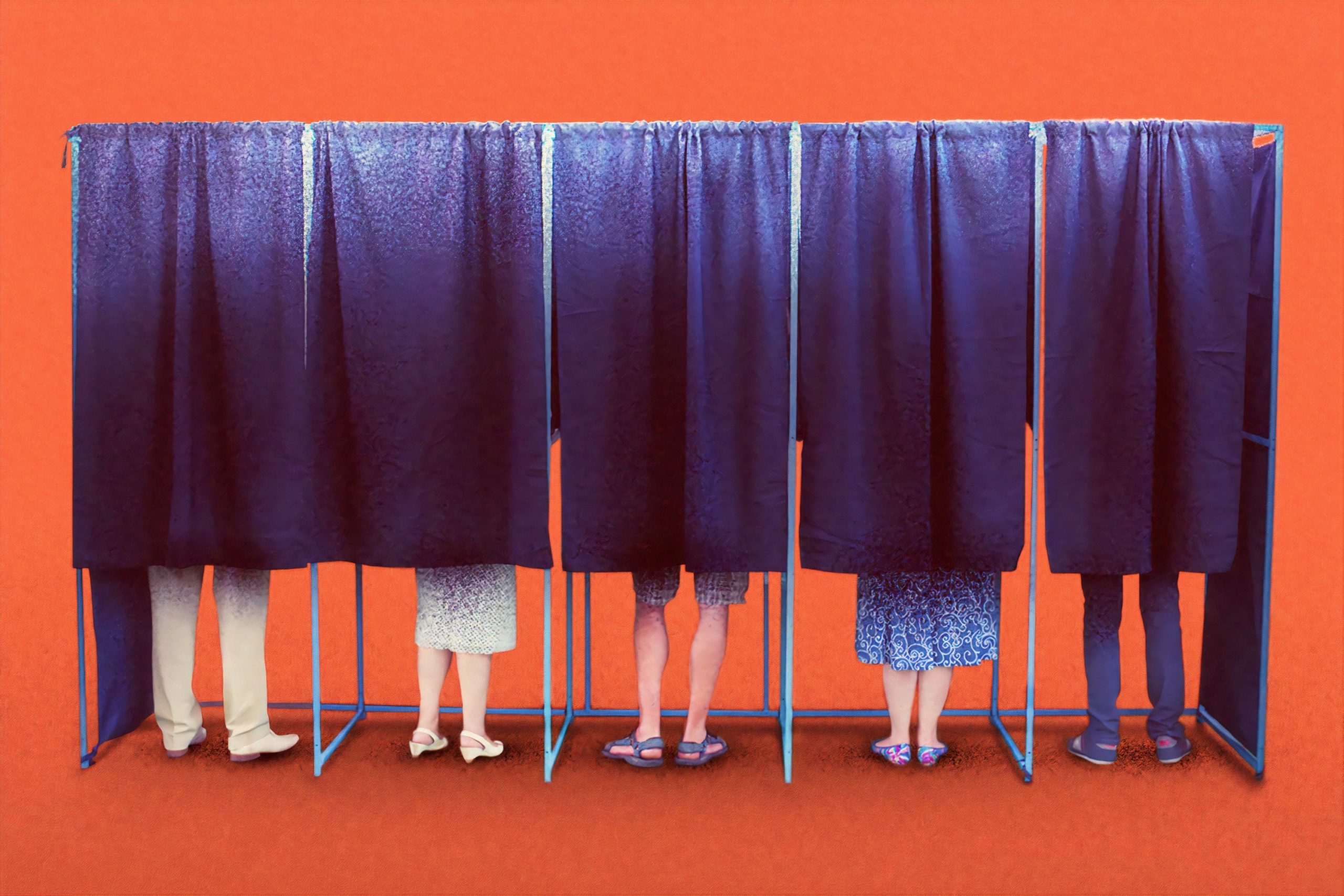Jesus is Not on the Ballot

By Tally Wilgis
November 3, 2020, is a significant date in the United States of America. All 435 seats in the U.S. House of Representatives, 35 of the 100 seats in the U.S. Senate, and the position of president of the United States will be on the ballot.
But Jesus will not be on the ballot.
The world’s most powerful, prosperous, and influential nation will elect two-thirds of its governmental leaders and they will likely replace two or more of the nine seats in the third branch of the Supreme Court.
With so much power and prestige on the line, it is easy for Christians to get caught up in the hype of partisan politics and, in their zeal for political power, to claim that Jesus has an absolute party preference in this election. An astute observer may notice that Jesus always seems to vote along the party lines of the political prophet espousing to have this special revelation. While we all wish that elections were so simple to the Christian, we must remember that Jesus is not on the ballot.
The people we will ultimately vote for are all flawed men and women who, like us, have the opportunity for good or for harm. They have the option to pray and be led by the Holy Spirit or to give in to the power of the flesh (Romans 7). Society tasks these men and women to wrestle with often competing interests, in the hope of forming a more perfect union for 330 million of the 7.4 billion people on planet Earth. By extension, their influence may reach more broadly through economics, matters of war and peace, and policy pressure which will prop up or tear down violent regimes.
In all of this, Jesus is still not on the ballot.
People on the ballot will make laws regarding the nuclear family, abortion, and the role of faith in the public square. Also on the ballot are those who will make laws regarding the treatment of the poor, the historically marginalized, and the foreigner. As we think of the posture of the United States internationally, we consider issues like the Mexico City policy, our nation’s relationship with industrial slave labor, and human trafficking, just to name a few.
Jesus speaks to all of these concerns, but Jesus will not be found on your ballot.
As we pray “on earth as it is in heaven,” may we remember that while Jesus is not on any physical ballot, Jesus is on our spiritual ballot in the eyes of each of our neighbors.
Our speech, our social media posts, and our countenance all demonstrate to our neighbors where our hope is really found. Is our hope “built on nothing less than Jesus’ blood and righteousness” or do we hope in “chariots and horses” like the lost of the world (Psalm 20)?
Whether we vote for a Democrat, Republican, Independent, or any other candidate, may our neighbors see that our ultimate hope is not found in a politician or party, but a king – King Jesus.

Tally Wilgis is the founding pastor of Captivate Church and the executive director of the Baltimore Baptist Association.
